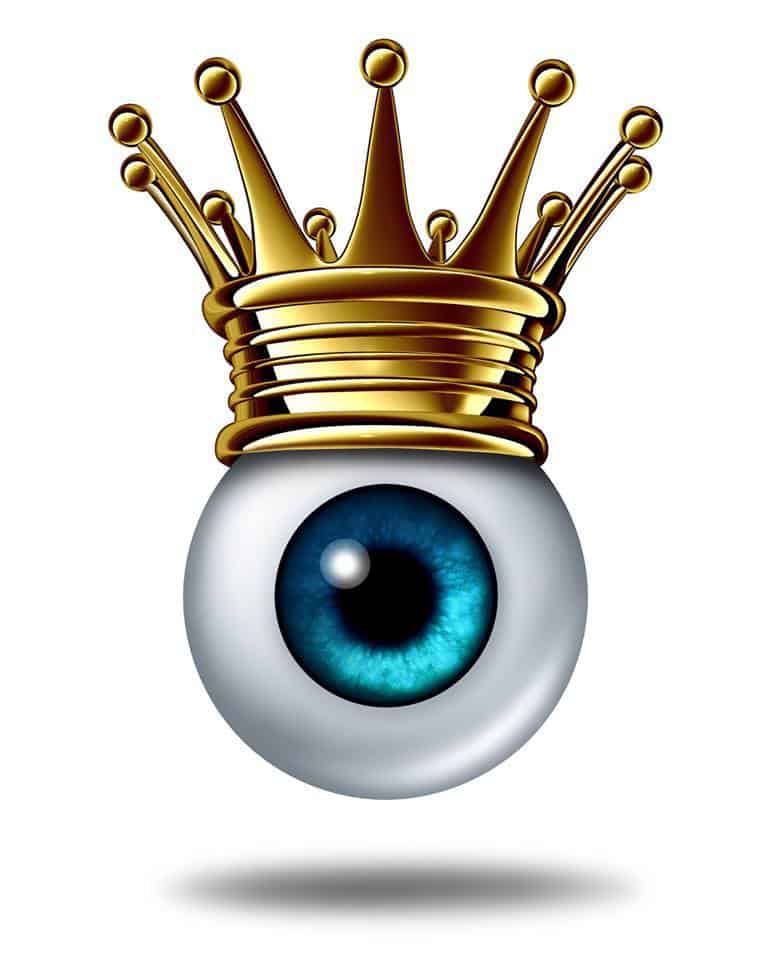I remember that conversation as if it was yesterday.
I asked my patent; Do you suffer from any general diseases? The answer came back” no doctor”.
I then asked: Are you using any medication? The answer came back again “no doctor”.
Because I couldn’t tell what was wrong I sent the patient to do a battery of tests that cost him an arm and a leg.
Three weeks later it turns out that the patient was not telling the truth.
She was a diabetic of over 2 years and on medication. When confronted with the facts she simply replied: “I wanted to test you to see if you are any good. Any good doctor should come up with the truth”. I couldn’t believe my ears?
Yes my dear reader that is what is happening today.
Some Patients withhold information thinking that they are testing the doctor not really realizing that they may be doing harm to themselves by making it more difficult for the doctor to arrive at his/her diagnosis. This is not a game.
Another sensitive topic is that of giving out personal information. Lots of times when people are asked to fill out forms, it is not because we want to know your business. It is mostly because we want to stay in touch and because we want information that can help us with our diagnosis.
You would be surprised how such information could be helpful. For instance apart from the medical history, a person’s profession, place of work or residential address might shed some light on the symptoms they are having.
Sometimes patients want to lie about their age. This happens more to women than to men, but it happens nevertheless. This is mostly because of our culture, where aging is seen to be a negative thing. The problem here though is that when we give the wrong age to the doctor, it can affect the whole clinical picture, and can deter the doctor from arriving at his or her diagnosis quickly.
We are always looking for extra information to hone in on the diagnosis. For instance, people around age 40, tend to need multifocal lenses and may have to hold their reading material at arm’s length to see properly.
If they give us an age of 32, we might hesitate to prescribe, feeling that it may be too early and might even advise them to hold out for a bit or worse yet, go on a wild goose chase to find out why such a young person needs such lenses. This is but one of many examples.
So, always strive to give accurate details when you visit your doctor. It might save your eyes and your health.
“REMEMBER TO KEEP AN EYE ON YOUR EYES”
- 10 SIGNS YOU NEED AN EYE EXAM - May 20, 2018
- WORLD GLAUCOMA WEEK - March 11, 2018
- The Importance OfEye Exams - February 5, 2018


Recent Comments